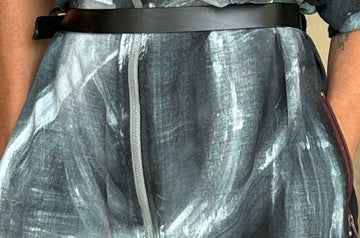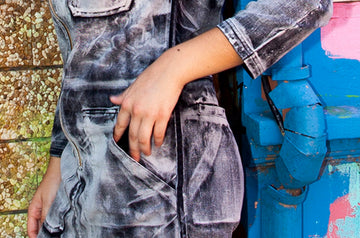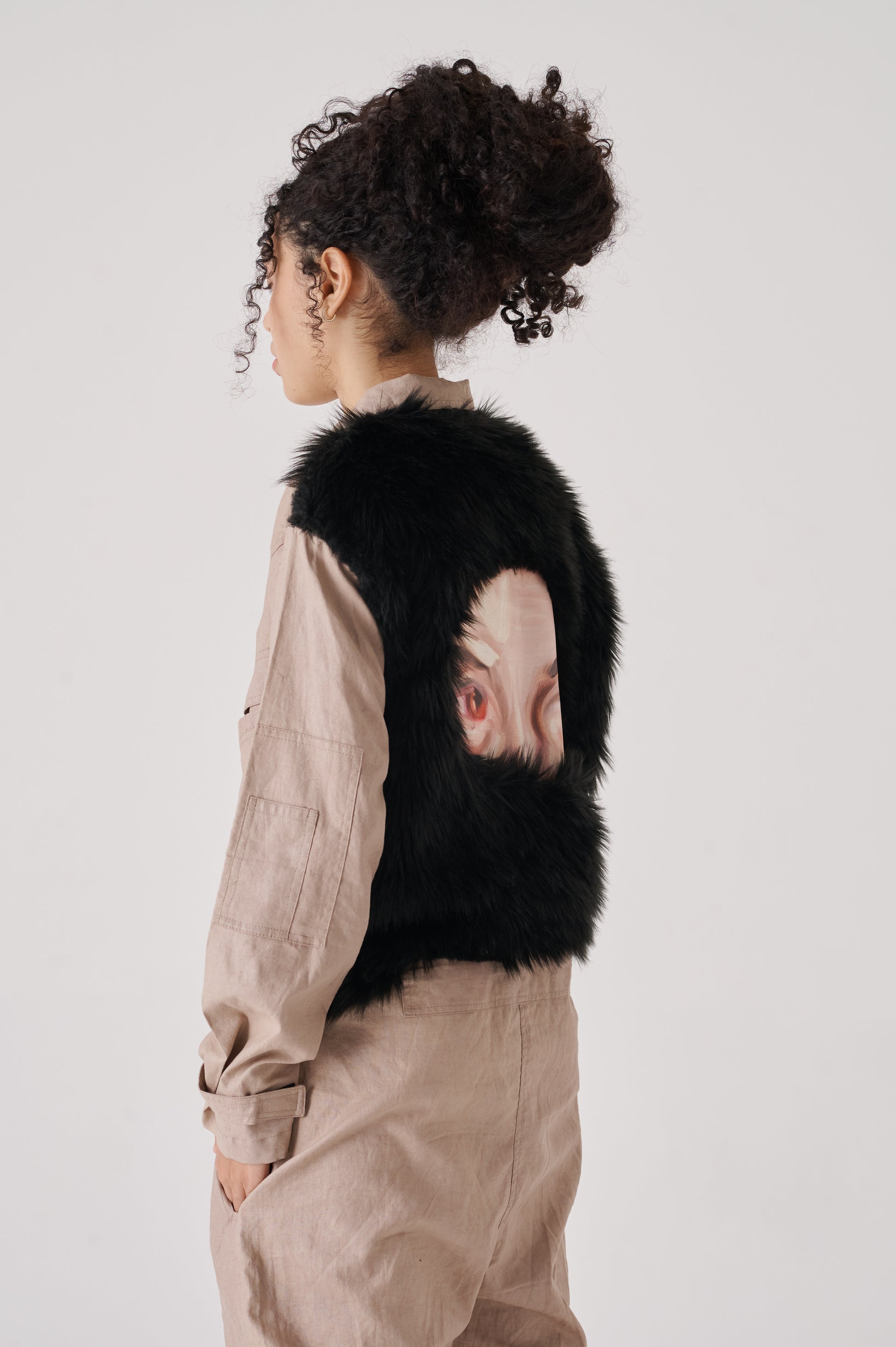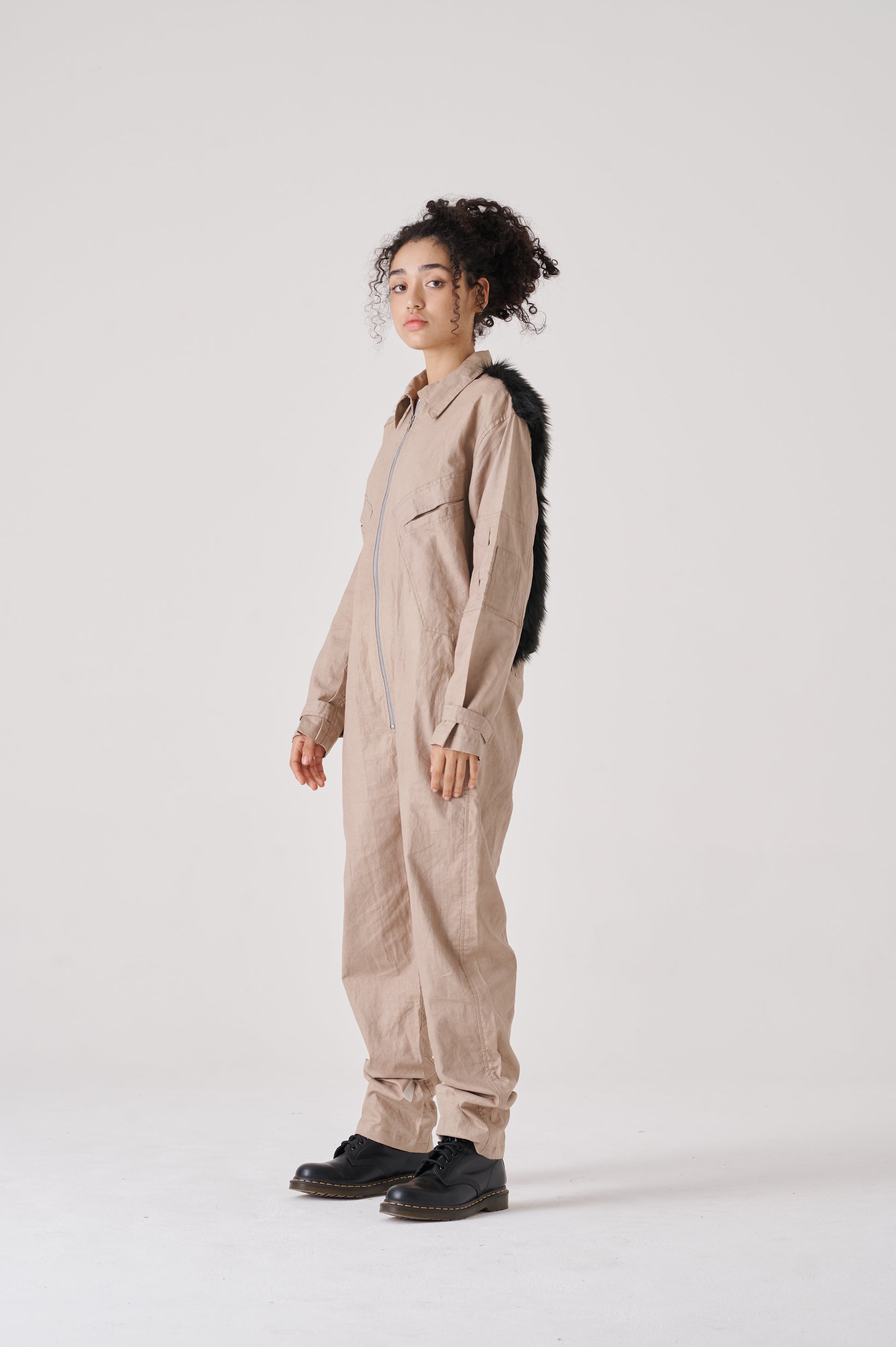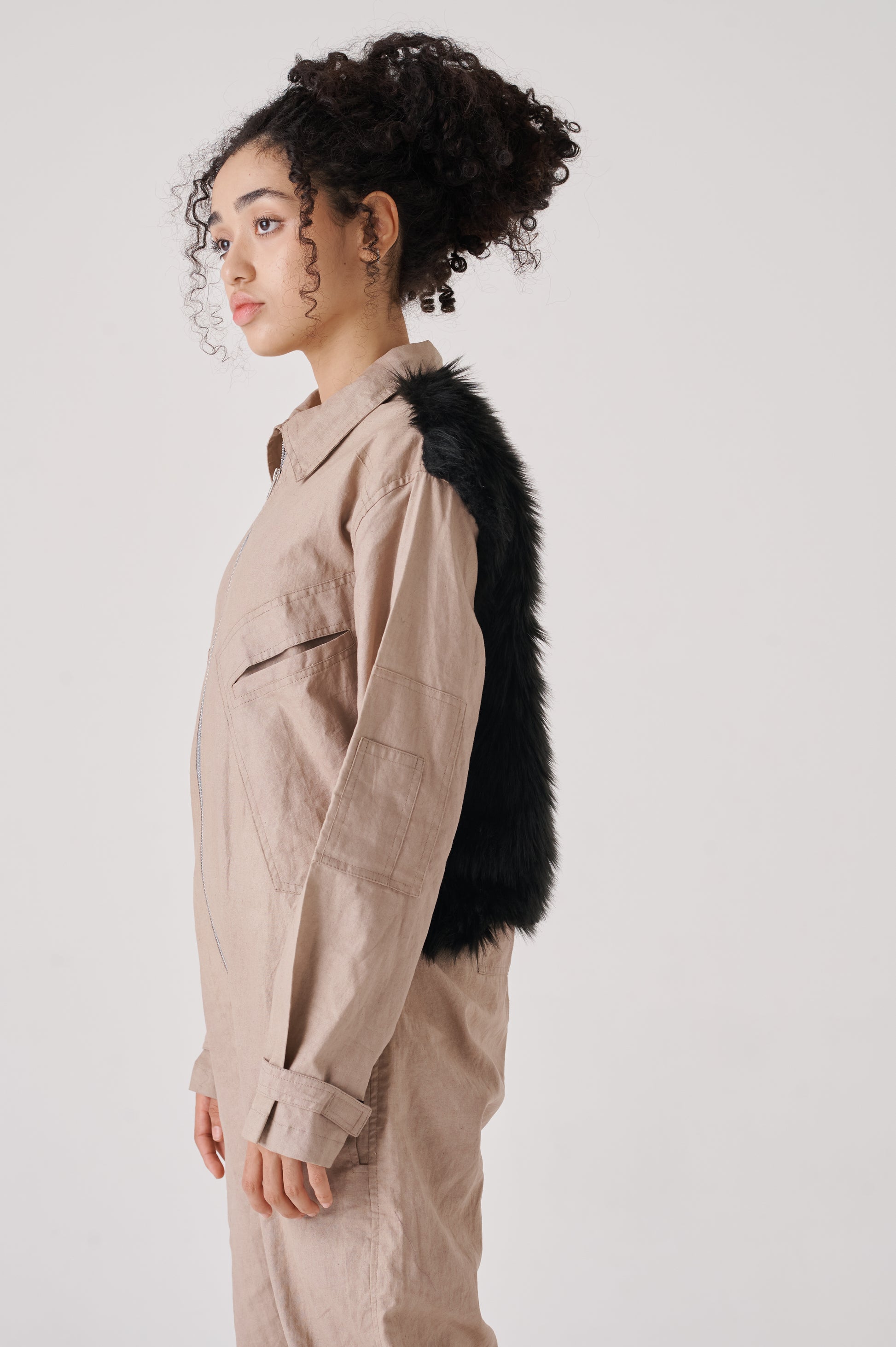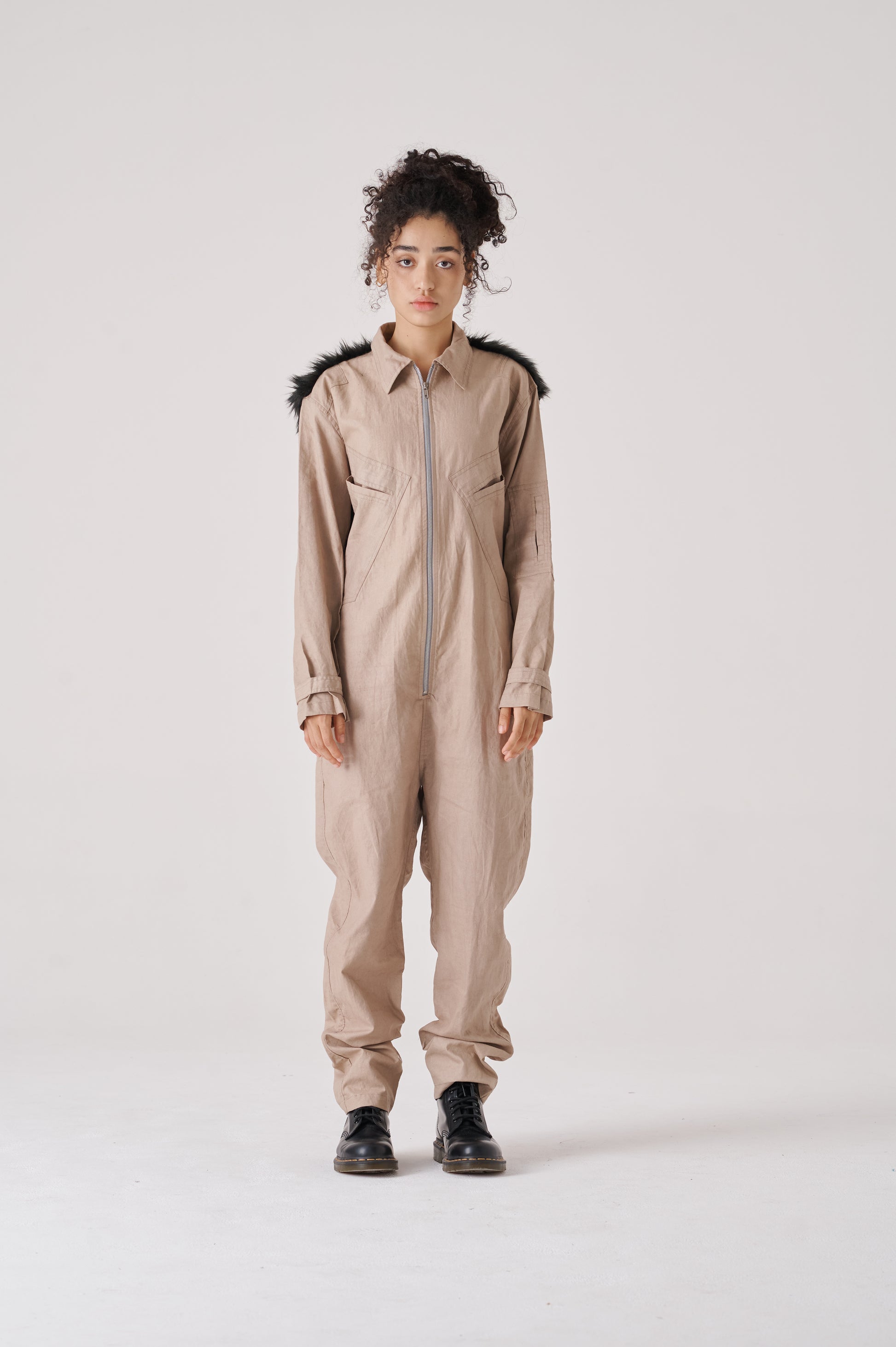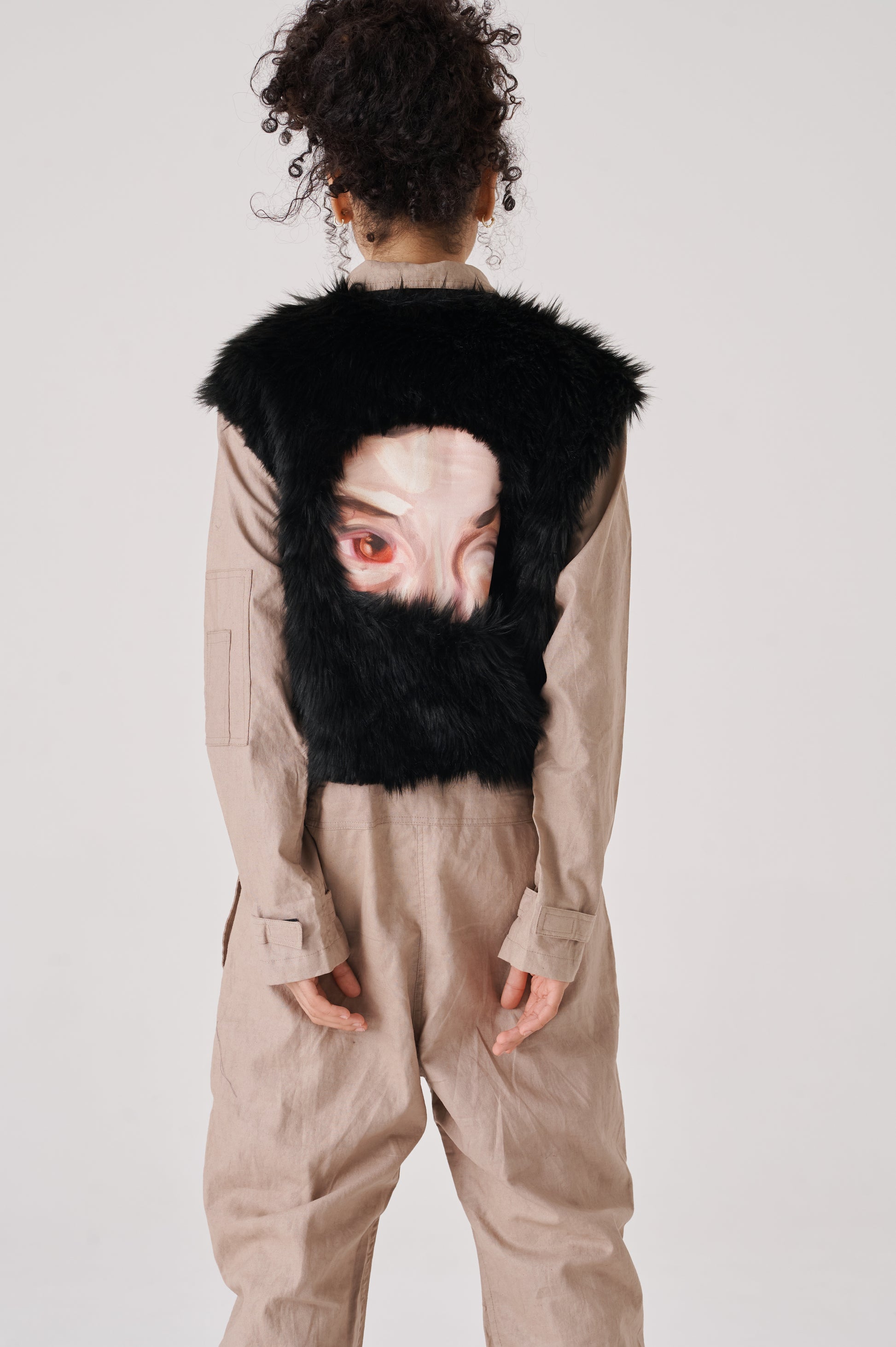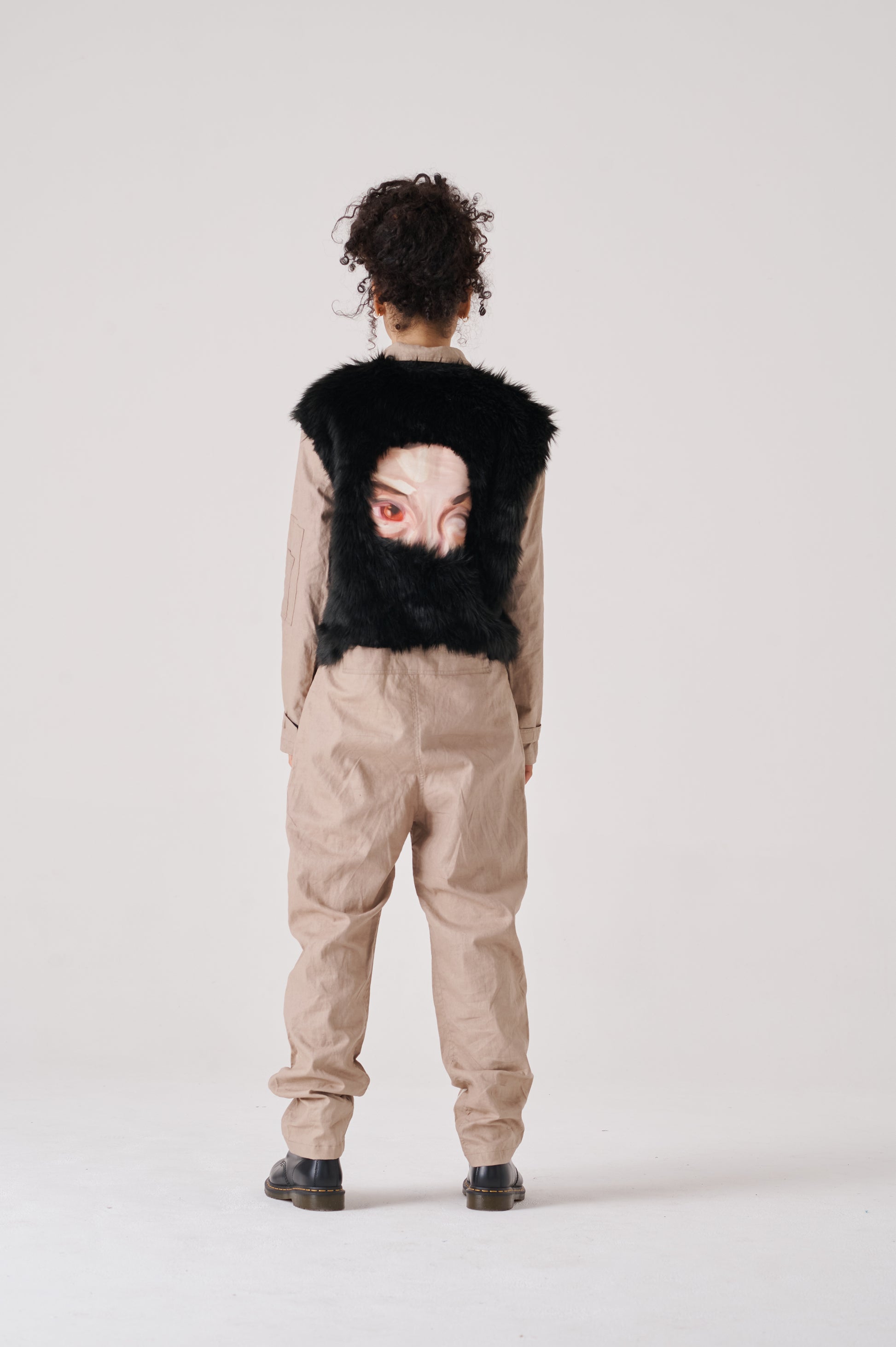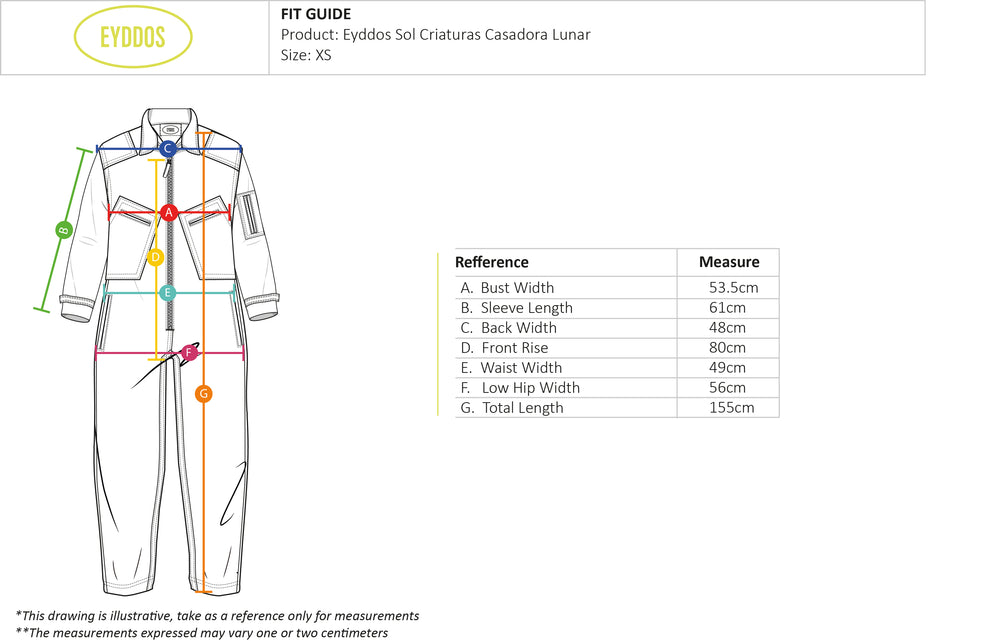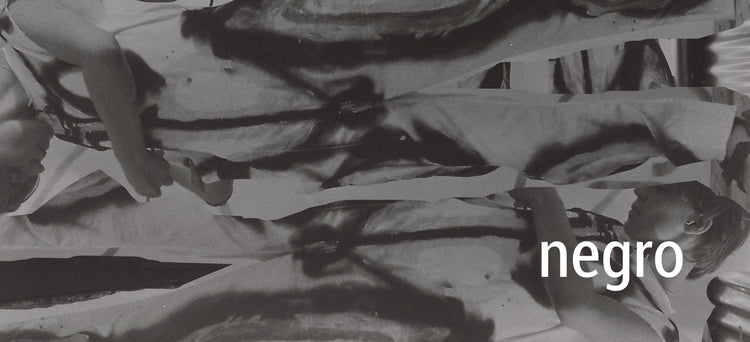
BIO - Carrie Bencardino
Carrie Bencardino was born in 1993 in Buenos Aires, Argentina.
Their painting draws from a personal narrative to unfold a broader story about nightlife, spanning from the queer scene to the underground metal movement in Buenos Aires. Speaking in the first person, they portray the nocturnal world Carrie inhabits. In their performative work, they involve others in the creative process, recreating moments of collective energy and capturing the essence of these spaces through simple yet powerful gestures.
They have participated in residencies, workshops, and national awards and have exhibited in Argentina, Mexico, Chicago, and Miami.
They live and work in Buenos Aires.
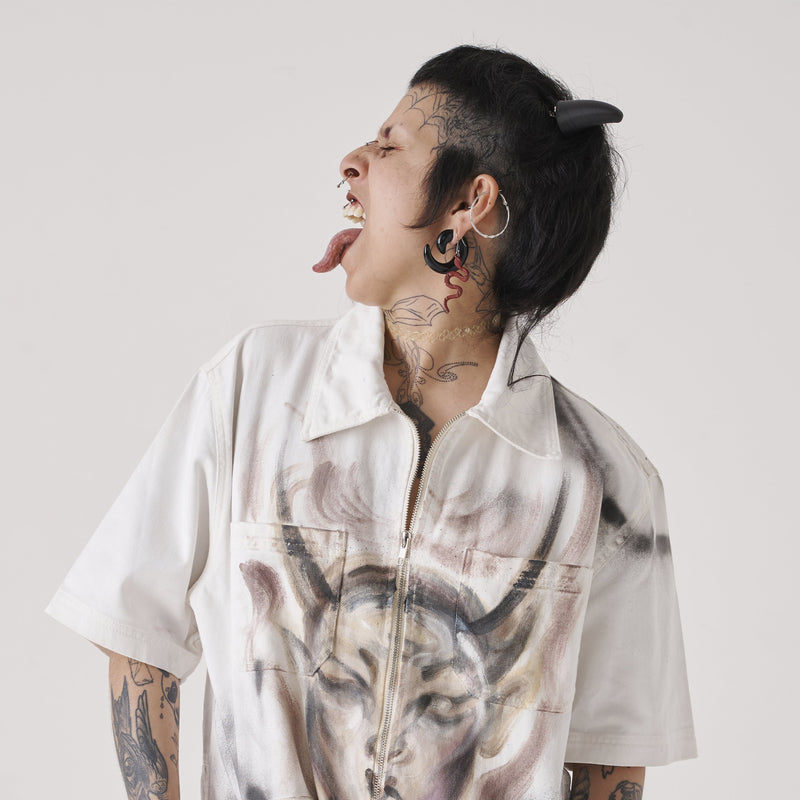
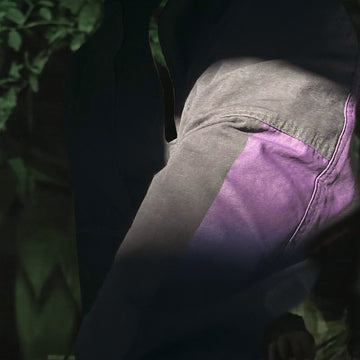
EXHIBITION NEGRO
Every creation arises from movement, but also from emptiness —from the stillness found in silence and contemplation. Black is not simply the antithesis of light; it is the expansion of color’s limits, the transmutation of what we know into the very absence of light. This exhibition responds to a critical need to redefine our understanding of presence and absence, visibility and concealment.
Black is not the absence of color but the accumulation of all colors —a totality that disintegrates in its own contradiction. This interplay of opposites becomes a reflection on the transience of ideas and identities in the contemporary context. As Adorno said: art is not only reflection, it must also be resistance. Negro is that space where resistance occurs not in form, but in perception itself, in the reconfiguration of what we are allowed to see.
The contrast with Aura is evident, but it is not about opposition—both exhibitions are two sides of the same coin, a mirror that invites reflection on our dependence on binary thinking. The absolute, like the total, is unsustainable. Eyddos does nothing but propose the constant transformation of what we understand as “complete,” of what we understand as “being.”
